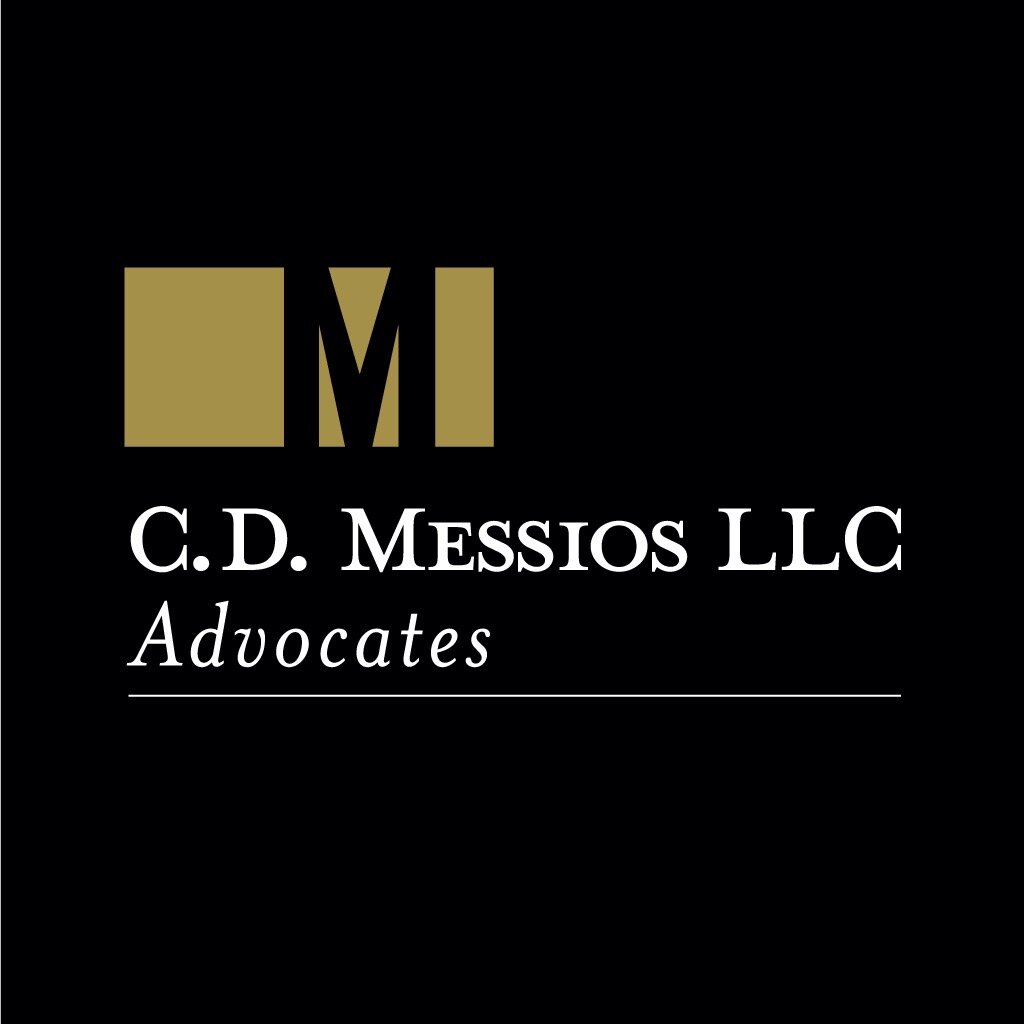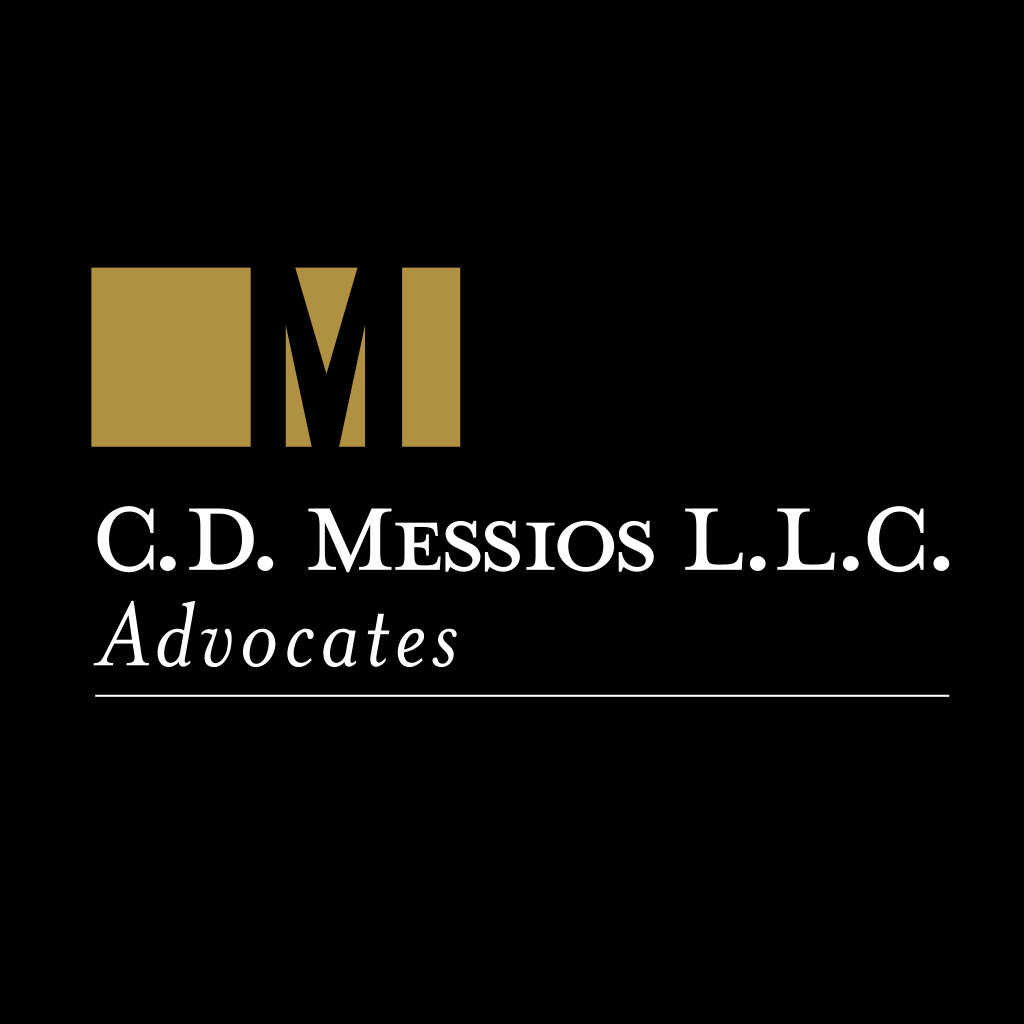What next for sanctions
On April 10 2024, the First chamber of the Court of First Instance of the European Union issued a judgement in case T304/22 Mikhail Fridman v Council of the European Union[1] annulling the restrictive measures issued against the Applicant arising from the Council Decisions and Regulations as amended implementing restrictive measures/sanctions relating to Russia’s annexation of Crimea and the destabilisation of the Ukraine specifically with regard to the Applicant.
The European Union had argued that various publications and facts showed the Applicant to have close links with the Russian President and his inner circle. Briefly the measures were imposed based on the Council’s findings that President Putin’s daughter was shown to be involved in a charity supported by the conglomerate the Alfa Group which the Applicant was a major shareholder. Alfa Group where rewarded or assisted by the President of the Russian federation in its various business undertakings and the Applicant took part in a meeting in Washington DC seeking a softening of the US stance on Russian businessmen.
In its reasoning, the court found that the evidence referred to above on which the EU Council based its decision to impose restrictions on the Applicant and his associate Mr Pyotr Aven was simply insufficient and did not show a direct support by the Applicant to Russia’s actions in the Ukraine.
The court found that the evidence, to put it simply inadequate and that it amounted the writer suggests, to an incorrect assessment of the relevant facts. There was no direct connection between any of these acts that supported the necessary component allowing the imposition of sanctions to the annexation of the Crimea or the destabilisation of Ukraine.
The argument that the applicant and his associate did not take a firm enough position against the war in the Ukraine wars not found to have any merit. Interestingly, the court stated that even if the Respondents had established that the applicant was as the court stated a facilitator to Mr Putin or his inner circle, on the basis of the evidence put forward, unless there was a connection to the events in the Ukraine, this was irrelevant for the purpose of justifying the inclusion of the Applicant in the list of individuals sanctioned by the EU.
The evidence put forward was not accepted as being adequate to show that the applicant supported actions or policies which compromised or threaten the territorial integrity, sovereignty, and independence of the Ukraine, within the meaning of the necessary criteria required under the relevant regulation and council decision. None of this evidence showed that it that the Applicant or his associate provided material or financial support or received benefit from the Russian government.
In any event, the decision clearly referred that any actions which may be used to justify the imposition of restrictions must be connected to the annexation of the Crimea and the destabilisation of eastern Ukraine.
Clearly each sanctioned individual will need to examine their situation individually and subjectively to see whether the grounds on which any such decision was based falls within the criteria described above. It would appear that some certainty must be shown that they are enabling are involved by their actions in the current Ukrainian conflict for the benefit of Russia. If not, it may well be difficult to justify the continuation of these EU sanctions against them.
Whether the US and British courts will accept such reasoning is doubtful as those courts have already expressed a more robust or supportive approach to their own countries’ sanctions regime.
The writer is at this stage unable to confirm or otherwise whether this decision will be appealed by the EU Council. It is, however, an interesting development which may lead to a readjustment of policy with regards to sanctions within the European Union.
Subject to all currently applicable rules which we as lawyers practising within the EU are subject to, if any advice on sanctions is required please feel free to contact us on info@messios.com
[1] https://curia.europa.eu/juris/document/document_print.jsf?mode=req&pageIndex=0&docid=284622&part=1&doclang=FR&text=&dir=&occ=first&cid=656858#Footnote*
Constantinos Messios
C.D. Messios LLC
10 April 2024

